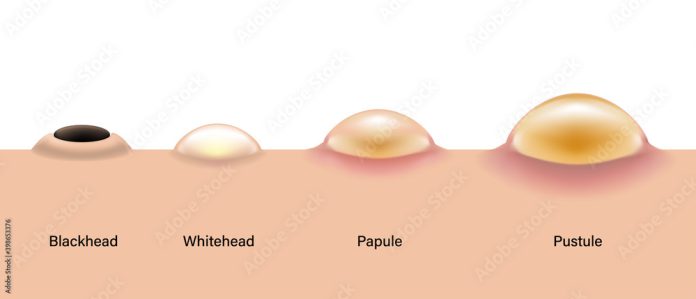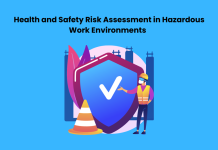4nids.com – If you have a Pustule Skin Lesion, you are probably wondering what it is. Pustules are small lesions that can range in size from 5 to 10 mm. The pus inside is a clear, purulent substance composed of neutrophils and inflammatory cells. If you have a Pustule, you should learn how to diagnose it to avoid scarring and infection.
Pustules have different morphological patterns and can affect the diagnosis
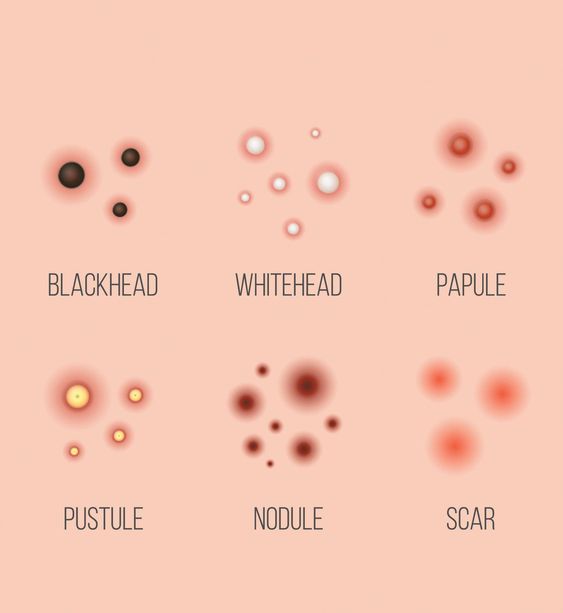
A pustule is an inflamed, circumscribed collection of white blood cells and serous fluid. Different types of pustules have different morphologic patterns, which can influence the differential diagnosis and treatment. Here are some examples of some of the more common kinds of Pustule Skin Lesion types. These may seem similar but they have different characteristics. Symptoms include redness, a yellowish-white tinge, or a combination of the two.
A Pustule Skin Lesion is usually accompanied by inflammation or redness. It is important to seek immediate medical care if you notice this skin lesion. It can lead to severe dehydration and symptoms of anemia, muscle weakness, and chills. A doctor will also want to rule out other possible causes of the Pustule SkinLesion so that you can determine the best treatment for your condition.
Causes of skin lesions of pustules
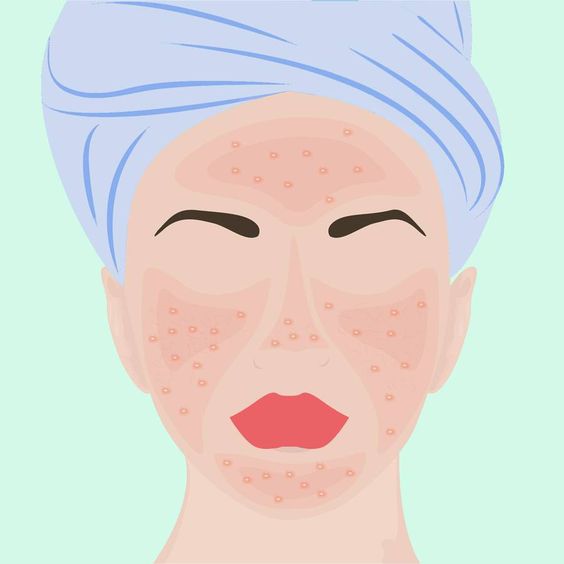
A Pustule Skin Lesion may be caused by a variety of conditions, including a bacterial infection. The symptoms can be similar to those of a psoriasis flare-up, but they can be life-threatening. If you have this kind of Pustule, you should seek medical attention immediately. It can lead to dehydration, and can even be fatal if not treated properly.
A Pustule Skin Lesion can be dangerous. If you’re experiencing a Pustule, you should contact your doctor immediately to determine whether it is serious. If the pustule is large, it may lead to more severe complications, including amputation. It’s essential to seek medical attention if you notice a Pustule on your body. This type of lesion should be treated immediately.
Pustules are a common symptom of bacterial infection
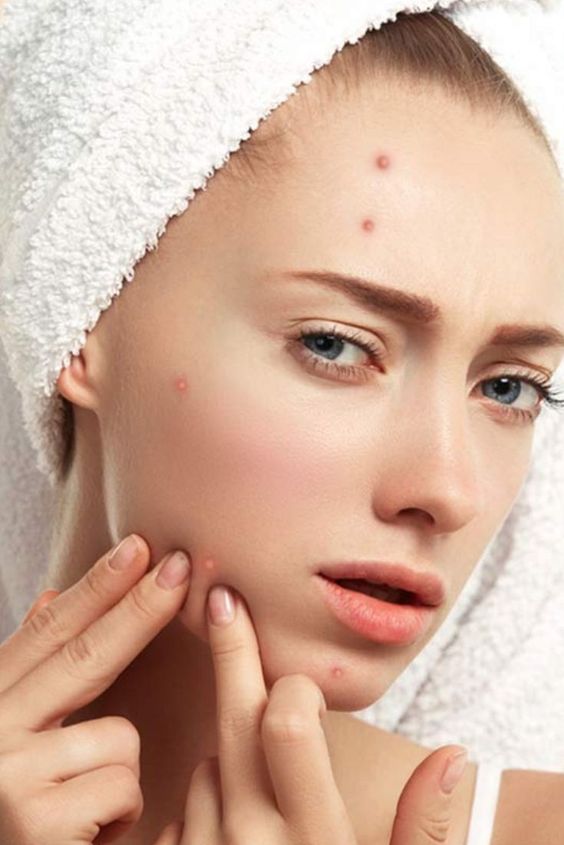
The pustule Skin Lesion can be caused by different conditions. Some are benign and some are inflammatory, while others are accompanied by redness and swelling. In general, a pustule is a common symptom of a bacterial infection. If it’s severe, it needs to be treated right away. If it is, it can be a symptom of a serious medical condition.
A pustule is a circumscribed collection of white blood cells and serous fluid. They are often accompanied by inflammation and may appear in bands. While they are not necessarily dangerous, they are important to seek medical attention. If left untreated, they can be life-threatening. So, it’s essential to visit a doctor if you notice a pustule on your body. It is best to consult a doctor right away if the skin has no other signs or symptoms.
A doctor will be able to determine the cause of pustules
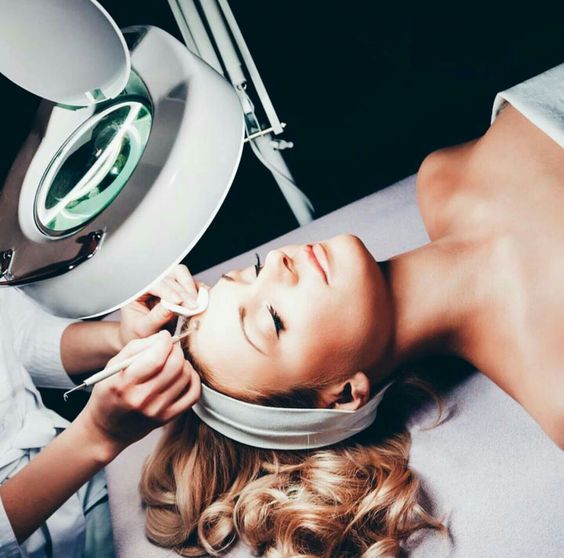
A pustule can be life-threatening, and it’s important to seek medical attention if it’s large or painful. Symptoms may include fever, chills, anemia, and muscle weakness. A pustule may be the first sign of a bacterial infection and need to be treated immediately. A doctor will be able to determine the cause of the pustule. You should consult your physician if you notice the symptoms of a bacterial infection on your skin.
If you’ve got a Pustule Skin Lesion, you’ll need to get it evaluated by a dermatologist. A skin lesion that looks like a pimple may be a skin infection. If you’re concerned about it, consult your doctor immediately to make sure it’s not a life-threatening bacterial infection. It may even be life-threatening for the patient, so you’ll want to see a doctor for a pustule skin lesion.
Antibiotics can treat bacterial infections

A pustule skin lesion can be caused by a bacterial infection. You can treat a bacterial infection with antibiotics. There are a few other things to avoid doing any of these. Some people choose to pop their pustules, but this can cause more harm than good. It’s important to get medical attention if you’re suffering from this type of skin lesion. You should avoid picking or scratching the pustule because it could lead to infection.
A pustule is a red or pink bump that has a white center. It may also contain yellow, white, or cream pus. It’s important to see a dermatologist if you suspect a pustule on your skin. You should also avoid rubbing your skin with hot or cold objects to avoid further damage. If you’ve a Pustule Skin Lesion, your doctor may want to see you for a consultation.


